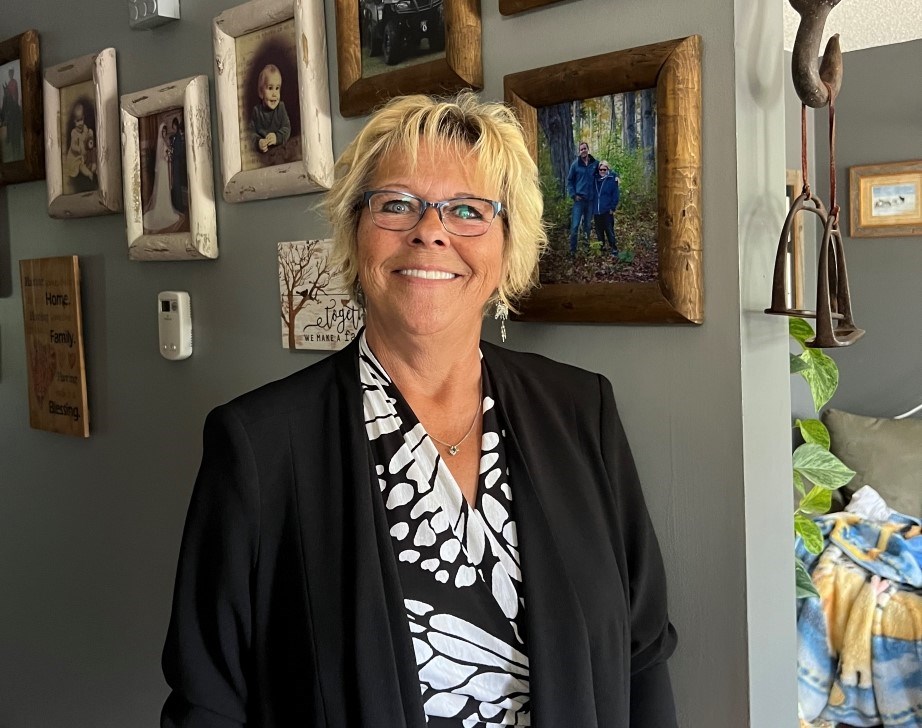We all have had an opinion about something and what people need to realize is, no matter what, it is only an opinion, and it does not make it right or wrong.
Opinions are personal beliefs or judgments that are not necessarily based on fact or knowledge.
They reflect an individual’s thoughts or feelings or interpretations.
There are many people who believe their opinion is right and that it is etched in stone, and no matter what, will not change their minds. They are right, you are wrong, and they will not listen to what others have to say. This is a personal opinion that is based on the individual's experiences, tastes and feelings.
Sometimes, another person’s opinion can shine a light on the situation and people may view the circumstances differently.
There are informed opinions based on evidence, research or expertise in a particular field.
People are quick to state their opinions without knowing all the facts, so does this remain an opinion or does it become something else?
I am sure everyone has heard the saying, “I did not ask for your opinion.” This is a sure way to tell someone that you are not interested in what they have to say, and simply should keep their mouth shut about the topic.
What if this person has the facts and they actually know what they are talking about, does this mean you just do not want to hear the truth? There are times when someone may ask for an opinion, and you clearly do not want to give it, as your experience in the matter was not pleasant.
Is this because you feel you might offend the other person, or they are not prepared to hear what might come out of your mouth?
An opinion can be hurtful, so do you say it anyways, not caring if it does affect the other person?
I rarely ask my daughter about her opinion on how I am dressed or whether she likes my outfit. First off, we do not have the same taste in clothes, at all. Secondly, am I prepared to hear what she has to say about it? She is brutally honest.
Nine out of 10 times, I do not like her answer, but I still value her opinion as this is how she sees it.
Valuing another person’s thoughts should be done without anger; you did ask for it.
People have a habit of saying, “What do you think about this?” You just asked for their opinion.
A loaded question is asking someone how they feel about another person. We do not perceive all people the same, and the person that was asked may not like the other person at all, and their opinion is not going to be particularly good.
Ask another person the same question, and they might think a certain person is great, and give you a different opinion on the same individual.
Although it is their opinion, it could be regarded as gossip, and some will take it this way even if it was not intended to be this way.
Opinions are not always vocal. They can be expressed in many ways, through written articles, social media and artistic creations.
Respectful and well-reasoned expressions tend to foster constructive dialogue, while aggressive or disrespectful expressions can lead to conflict and misunderstanding.
Critical thinking is essential for evaluating opinions. This involves considering the source, evidence and logic behind an opinion. Open-mindedness and a willingness to engage for a healthy exchange of ideas are important.
While opinions play a vital role in personal and societal dynamics, they can enrich conversations and drive progress. They also require careful consideration and respectful exchange to avoid division and promote understanding.
So, the next time you ask for an opinion, are you really ready to hear what others have to say?
After all, it is just an opinion.






